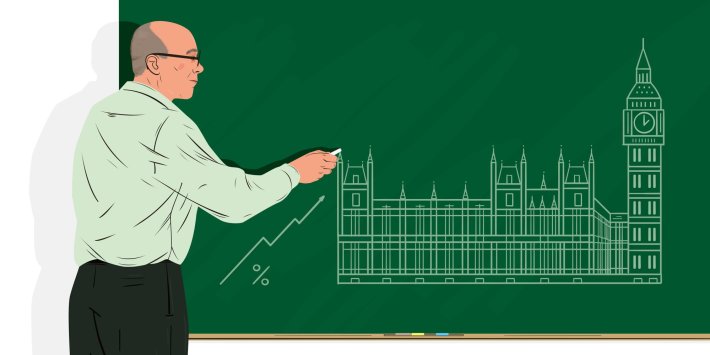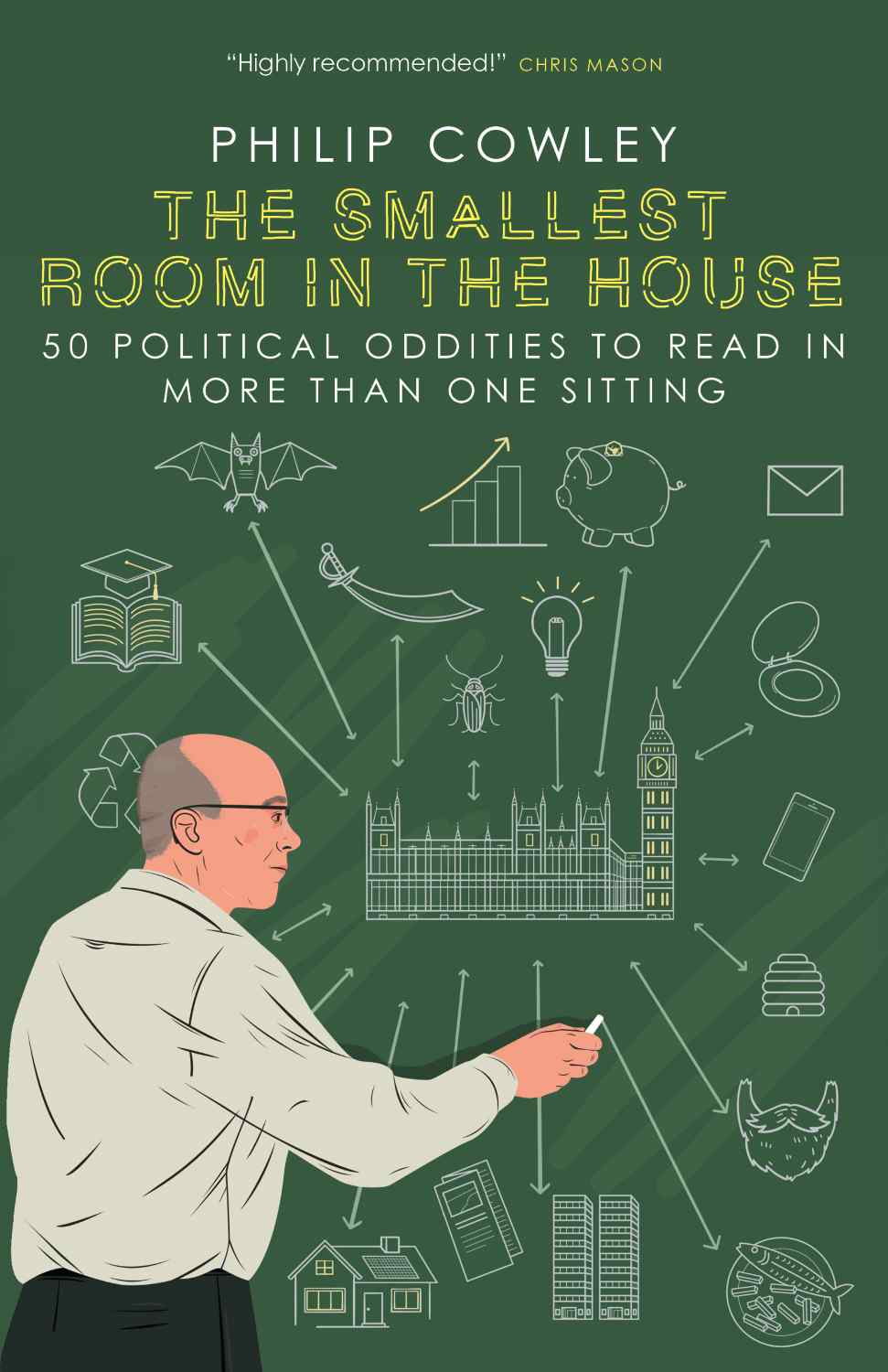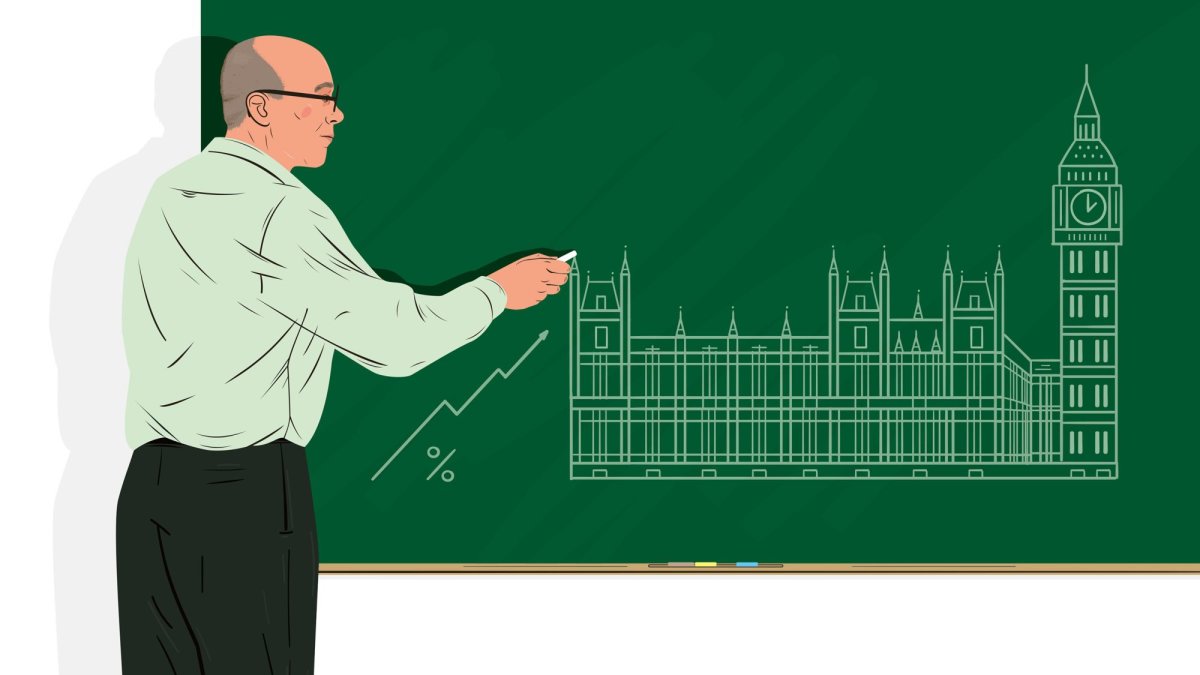
Image by: Tracy Worrall
3 min read7 min
Suffused with wit, forensic detail and shrewd political judgement, Philip Cowley has produced a valuable book
What is the difference between pogonophobia and chiroptophobia? Why, on the basis of the Brexit vote, are Leeds United more suited to the Premier League than fellow promotees Burnley and Sunderland? Why has the number of characters in constituency names increased by a third since 1950?
If you find this sort of question intriguing, then this book of essays by veteran politics professor Philip Cowley is for you.
Based on 50 articles previously published in The House magazine and elsewhere, the book looks at the evidence behind a range of political phenomena. Some are relatively trivial, but this is much more than a set of answers to potential pub quiz questions about politics.
For example, a series of articles – headed ‘Flats’, ‘Leaflets’, ‘Visits’ and ‘Boots’ – set out the evidence on whether and to what extent local and national campaigning activities affect election results. Any candidate, activist or party leader should take note.
There are essays on the importance of potholes as a campaigning issue – music to Lib Dem ears

Image by: AdobeStock
Another set – ‘Roles’, ‘Dissent’, ‘Letters’ – examine the changing roles of backbenchers in the Commons. From a House of Lords perspective, we see this change in the extent to which the Commons no longer spends much time scrutinising most legislation – and in the empty Commons bars and restaurants when the Commons has finished for the day, and we still have hours to go.
There are essays on the importance of potholes as a campaigning issue (music to Lib Dem ears), on the relationship between lawns and voting intentions and on the changing nature of by-elections.
I challenge any parliamentarian – however nerdish – not to discover new facts which help explain why our democracy operates as it does and how it is changing. For example, when John Major became prime minister, the average length of time his predecessors had a been an MP prior to becoming PM was 26 years. Since Major, it’s been a fraction of that. This could explain a lot.
 I would also challenge anyone to read this book and not have some of their views challenged and changed. There is an essay on why many of the political quotes we cherish – from Harold Macmillan’s “events dear boy, events” to James Callaghan’s “Crisis? What crisis?” – are actually fake. The ‘Inbetweeners’ chapter debunks the myth that MPs as a whole are now much younger than they used to be. ‘Rebels’ shows that being a rebel doesn’t help much in getting re-elected.
I would also challenge anyone to read this book and not have some of their views challenged and changed. There is an essay on why many of the political quotes we cherish – from Harold Macmillan’s “events dear boy, events” to James Callaghan’s “Crisis? What crisis?” – are actually fake. The ‘Inbetweeners’ chapter debunks the myth that MPs as a whole are now much younger than they used to be. ‘Rebels’ shows that being a rebel doesn’t help much in getting re-elected.
The book concludes with a heartfelt plea for parliamentarians to spend time with students explaining how democracy works in practice. From my experience, this is time well spent.
The whole volume is suffused with wit, forensic detail and shrewd political judgement.
Sadly for a peer, however, the role and vagaries of the Lords don’t get a mention. Perhaps, hopefully, the subject for a follow-up volume?
PS The answers to the questions at the start of this article are in chapters 6, 46, 2 and 28 of the book.
Lord Newby is a Liberal Democrat peer
The Smallest Room in the House: 50 political oddities to read in more than one sitting
By: Philip Cowley
Publisher: Biteback


